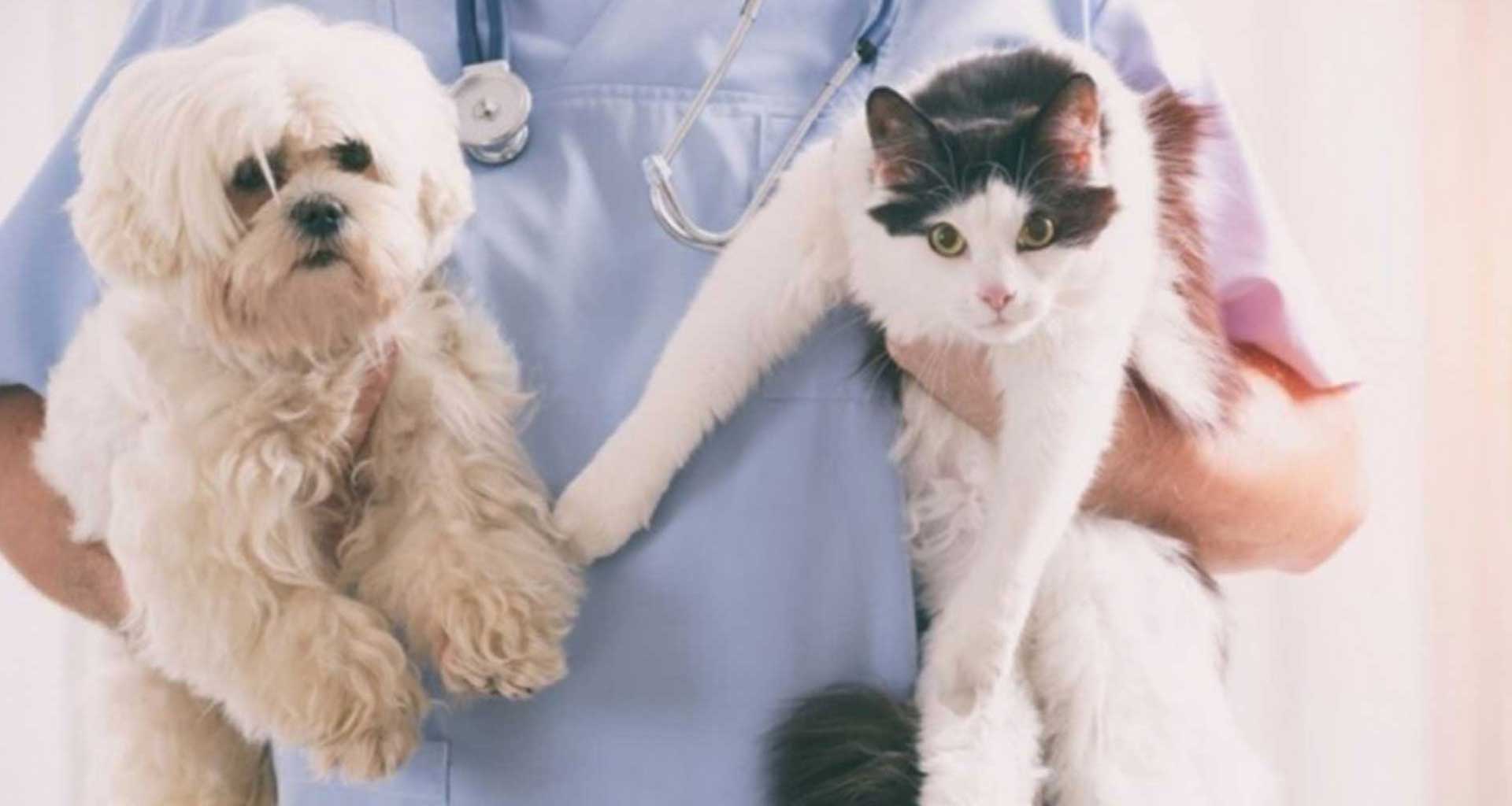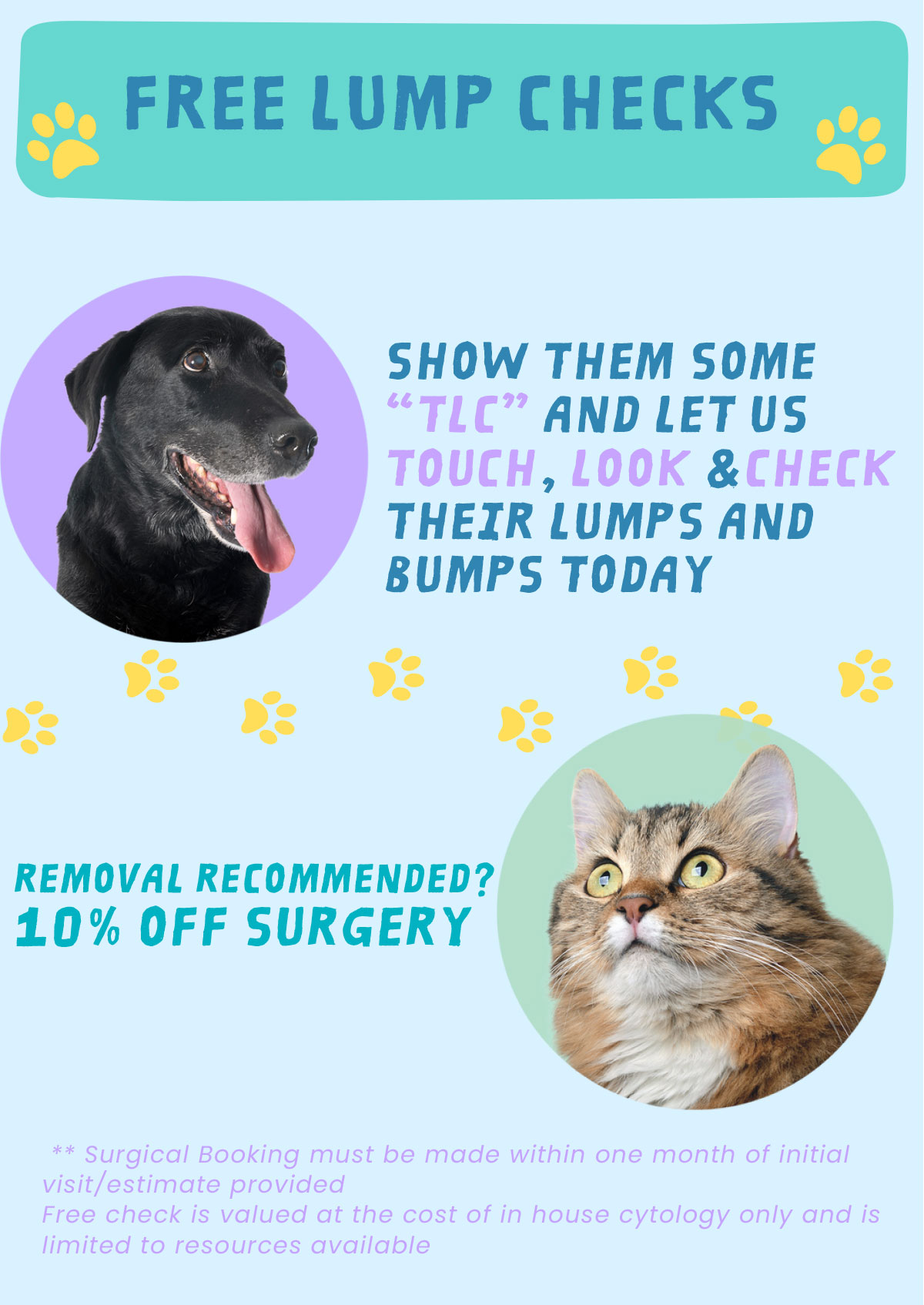Both dogs and cats need to be regularly treated for worms. The most common type of worms are roundworms, hookworms, whipworms and tapeworms. Most of the time your pet can be infected with worms without you even knowing. Because of this, both dogs and cats worming schedules should be followed closely to prevent them from infestation. Some companion animal worms can also be a risk to human health, particularly in children, so ensuring pets are regularly wormed is important for both your pets but also your family.
In this article we will explore the different types of worms that can infest your pet.
Roundworms
These are the most common type of worms in both dogs and cats. Adult roundworms live in the intestines of our pets and can produce 200,000 eggs per day. Many pets don’t show any sings of being infected, however in very severe cases of infection the symptoms can be:
- Rapid breathing, nasal discharge and coughing, sometimes pneumonia
- Vomiting and diarrhoea
- Swollen abdomen
- Poor overall condition, weight loss and a poor coat
- Faeces with spaghetti like worms up to 18cm long
Whipworms
Whipworms are 4 – 7.5cm in length and can live up to 1.5 years. Their eggs are very resistant and can remain for up to 5 years in the environment. Whipworms usually only infect dogs and cause problems especially in kennels. Most infections are without symptoms but sometimes can lead to slimy diarrhoea and fresh blood.
Hookworms
These worms live in the small intestine and feed on the lining of the intestines and can be potentially fatal. Hookworms also suck blood which can lead to anaemia. In older animals the blood loss may be chronic, and the pet may have diarrhea and show weight loss.
Tapeworms
Tapeworms can be transmitted via fleas and sometimes lice. Cats and dogs can ingest fleas and in doing so can infect themselves with the larvae of the tapeworm that are inside the flea. Tapeworm can grow to up to about 50cm but a pet will only show symptoms when there are many of them – such as diarrhoea.
How to protect your pet
It is essential to stay on top of worming treatment for your pet. Take note of their last treatment and when their next treatment is due to ensure that they stay protected at all times. As well as timely treatment there are extra things you can do to keep your pet protected:
- Clean food and water bowls regularly
- Annual wellness checks with your veterinarian
- Pick up after your pet regularly
- Keep their common areas clean


